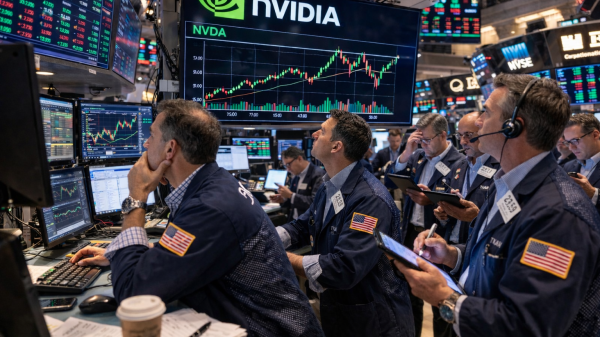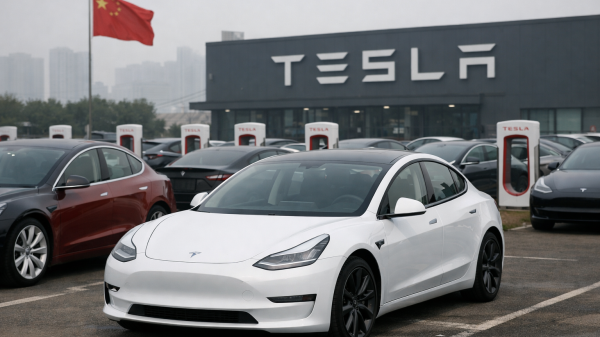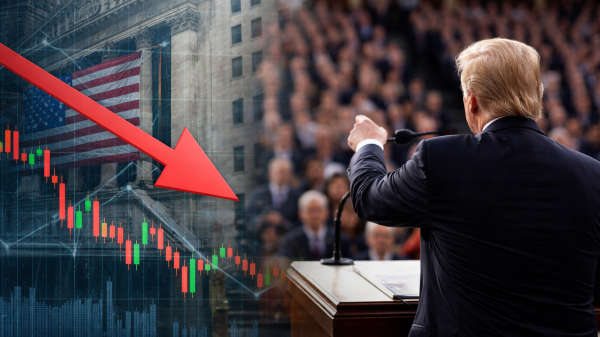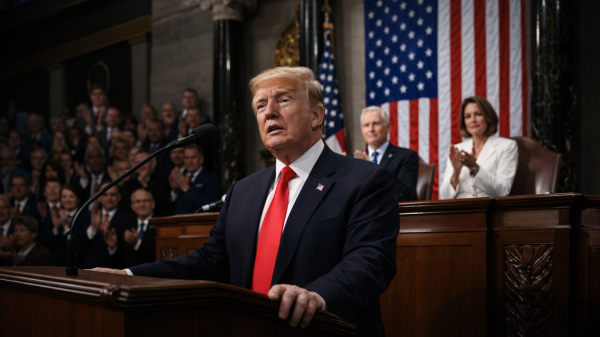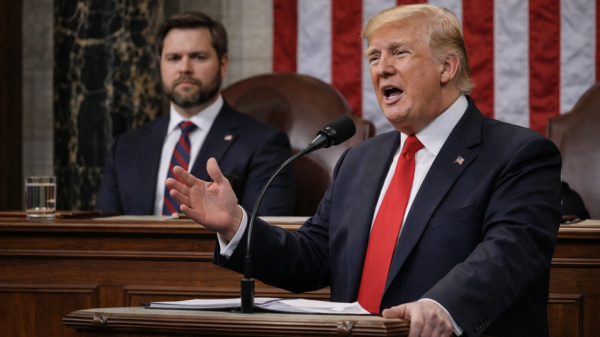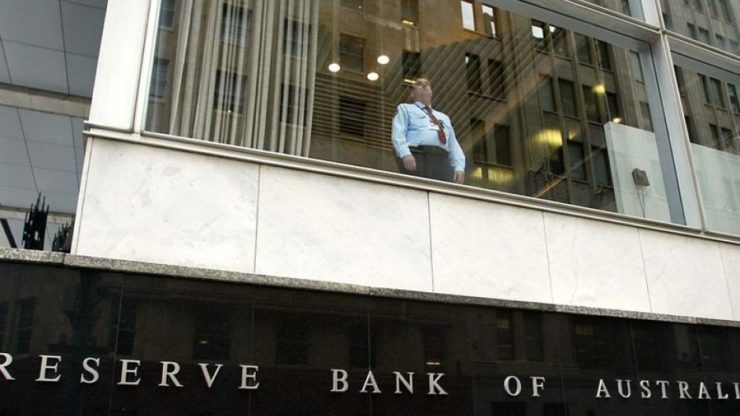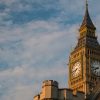The Reserve Bank of Australia (RBA) maintained its cash rate at 4.35% on Tuesday, a 13-year high, opting for a steady approach as global attention remains fixed on the US election results.
This decision marks a full year at this elevated rate.
The RBA acknowledged the “high level of uncertainty” surrounding the international outlook, while emphasizing its commitment to tackling persistent inflation.
In its official statement, the rate-setting board declared underlying inflation “remains too high,” and projected a continued period before inflation sustainably returns to the target range.
This necessitates ongoing vigilance towards upside inflation risks, with the board explicitly stating it is “not ruling anything in or out” regarding future policy adjustments.
Following the announcement, the Australian dollar and three-year sovereign bond yields held their gains, suggesting market confidence in the RBA’s current stance.
Governor Michele Bullock, echoing previous statements, reiterated the board’s position that a rate cut is not yet warranted, emphasizing the need for clear evidence of sustainable inflation control within the target band.
While Australia’s core CPI has retreated from its 2022 peak, the current 3.5% rate remains elevated, with services inflation still robust.
The RBA’s latest forecasts anticipate core inflation reaching the 2-3% target band by mid-to-late 2025, a slightly earlier timeline than its August projections.
Governor Bullock affirmed the RBA’s readiness to adjust policy based on incoming data, particularly if consumption weakens significantly.
Market expectations for an easing cycle have shifted to May 2025, compared to February previously.
Charu Chanana, chief investment strategist at Saxo Asia Pacific, told Bloomberg that the RBA’s hawkish stance within the global central banking landscape, particularly its avoidance of signaling rate cuts, has had limited market impact, especially given the anticipation surrounding the US election and potential stimulus measures from China.
Governor Bullock acknowledged these factors influenced the rate decision.
The RBA emphasized that its policy remains “less restrictive” than its international counterparts, even after rate cuts implemented elsewhere.
This distinguishes the RBA from other major central banks, including the Federal Reserve (also meeting this week) and the Reserve Bank of New Zealand, which have already initiated rate reductions to bolster their economies or stimulate growth.
The US election adds another layer of complexity.
Donald Trump’s campaign, focused on protectionist policies including potential trade tariffs on China, could have significant implications for Australia, given China’s status as its largest trading partner.
Governor Bullock, however, deemed it “premature” to speculate on the election’s potential impact on Australia.
Australia’s economic growth has slowed considerably over the past year due to tight monetary policy.
However, a robust labor market, with unemployment at a historic low of 4.1%, provides the RBA with confidence in achieving a soft landing.
Despite the strong labor market supporting demand, economists suggest a disconnect between monetary and fiscal policy is complicating the RBA’s task.
Su-Lin Ong, chief economist at Royal Bank of Canada, points to “hot” public expenditure in Australia, suggesting government consumption levels support only a limited easing cycle in 2025.
Fitch Ratings predicts a shift to a budget deficit for Australia in fiscal year 2025, attributed to tax cuts, cost-of-living support, and declining export prices.
Fitch characterizes Australia’s fiscal policy as “modestly expansionary.”
The RBA has upwardly revised its public demand forecasts from June 2025 through December 2026.
The Australian government has refuted claims that its policies are contributing to inflationary pressures.
The post Will rates rise or fall? RBA offers no clues, focus on US vote appeared first on Invezz






